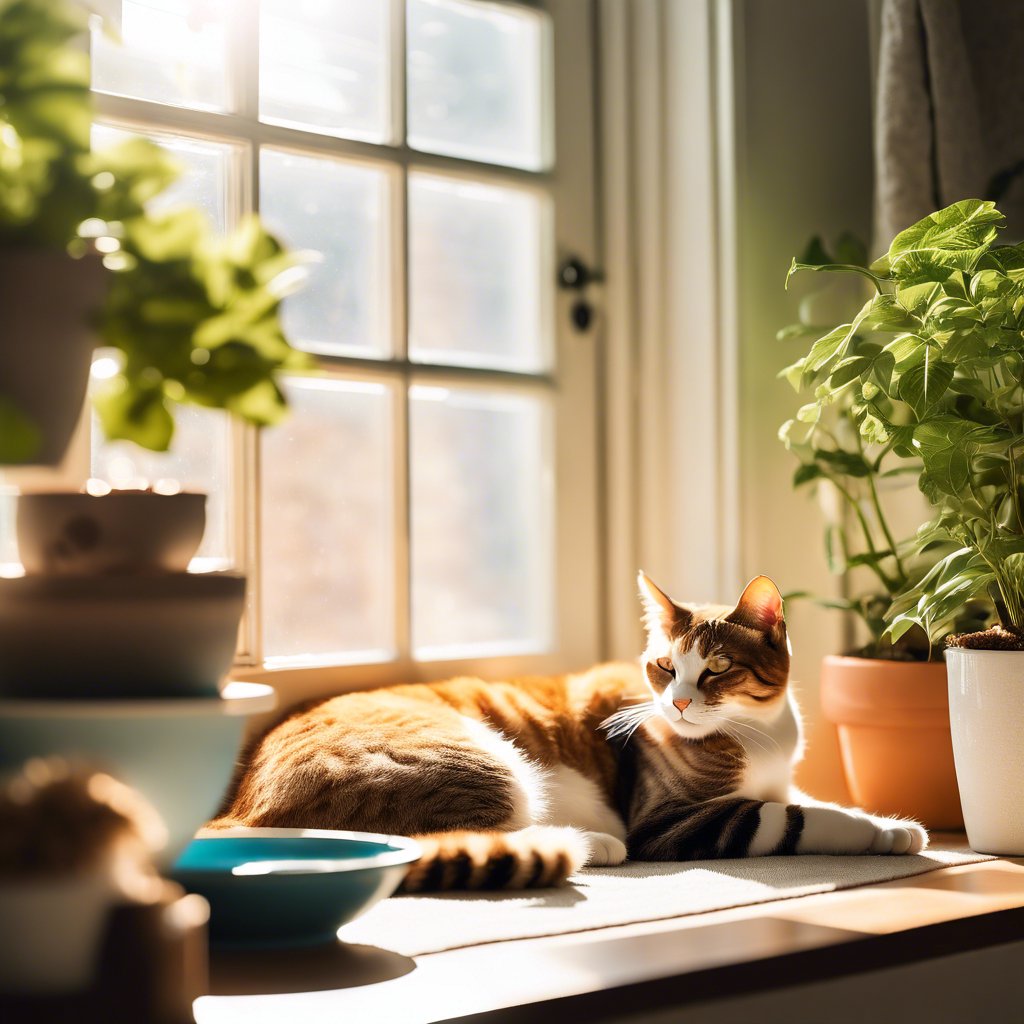Cat Kidney Stone Prevention
Why Kidney Stones Occur in Cats

Kidney stones, also known as uroliths, are a common yet preventable health issue in cats. These stones can form due to a variety of factors, including diet, dehydration, and genetic predisposition. Recognizing the underlying causes is crucial for effective prevention. By understanding why these stones develop, cat owners can take proactive steps to keep their feline friends healthy and happy.
In addition to the physical discomfort that kidney stones can cause, they can lead to more serious health complications if not addressed. Thus, it’s essential for cat owners to be informed about this condition and how to mitigate the risks.
Key Strategies for Keeping Your Cat Stone-Free
Preventing kidney stones in cats involves a combination of dietary management, hydration, and regular veterinary check-ups. Below is a list of effective strategies that every cat owner should consider:
- Hydration is Key: Ensure your cat has access to fresh, clean water at all times. Consider using a cat water fountain to encourage drinking.
- Balanced Diet: Consult with your veterinarian to choose a high-quality cat food that meets your cat’s nutritional needs and helps prevent stone formation.
- Regular Vet Visits: Schedule annual check-ups to monitor your cat’s health and catch any potential issues early.
- Encourage Activity: Engage your cat in regular play to promote overall health and well-being.
- Monitor Weight: Maintain a healthy weight for your cat, as obesity can be a risk factor for kidney stones.
Recognizing the Signs of Kidney Stones
Being vigilant about your cat’s health can make all the difference. Early detection of kidney stones can lead to better outcomes and less invasive treatments. Some signs to look out for include:
- Frequent urination or straining to urinate
- Blood in urine
- Vomiting or loss of appetite
- Behavioral changes, such as increased irritability or hiding
If you notice any of these symptoms, it’s important to consult your veterinarian immediately. Remember, early intervention is key to ensuring your cat’s health.
Share this content:



